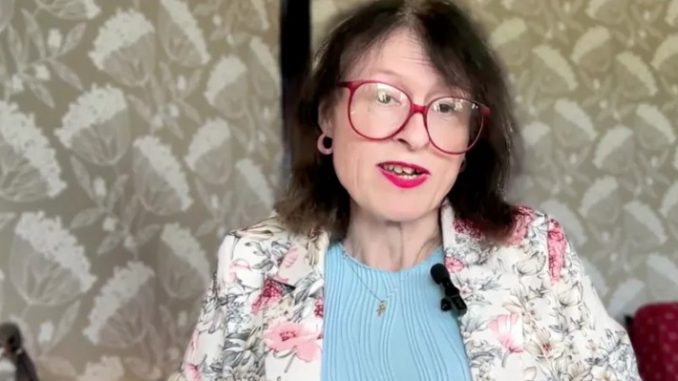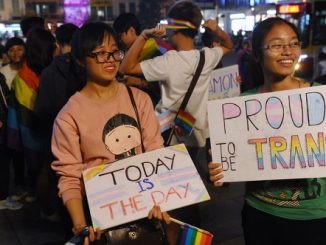
Victoria McCloud, the UK’s first openly transgender judge, is taking legal action to challenge a recent ruling by the UK Supreme Court. She plans to appeal to the European Court of Human Rights (ECHR), arguing that the ruling undermines the rights of transgender people.
The Supreme Court’s decision, made in a case brought by For Women Scotland Ltd, stated that the terms “woman” and “man” in the Equality Act 2010 refer strictly to biological sex at birth. This means trans women are not legally recognized as women under that law, even if they have a Gender Recognition Certificate.
McCloud believes this ruling violates basic human rights, particularly the rights to privacy, dignity, and freedom from discrimination. She says it has real-life impacts, limiting access to women’s spaces and services for trans women and sending a damaging message about trans people’s place in society.
The legal battle started when Scottish ministers issued guidance allowing trans women with Gender Recognition Certificates to be counted as women in public sector boards. The Supreme Court struck down this guidance, saying the Equality Act did not allow for that interpretation.
McCloud, who transitioned in the late 1990s and has legal recognition of her gender, tried to take part in the Supreme Court case but was not allowed. She argues that this exclusion breaches her right to a fair trial, as guaranteed by the European Convention on Human Rights.
Following the ruling, the Equality and Human Rights Commission advised that trans women should avoid using women’s spaces, and that trans men should continue using women’s spaces if no gender-neutral option is available. McCloud says this creates unsafe and undignified situations for trans people.
Supported by the Good Law Project, McCloud is not only appealing to the ECHR but is also seeking a judicial review of the UK government’s and EHRC’s response. She emphasizes that trans voices have been missing in the legal process and warns of broader impacts for marginalized groups.
The Supreme Court’s decision has faced criticism from medical professionals and human rights groups, who say it’s based on outdated science and could harm trans, non-binary, and intersex communities.
As McCloud’s challenge moves forward, it highlights the ongoing debate in the UK about how gender identity is legally recognized, and how to balance biological definitions with the rights of transgender people.



Be the first to comment